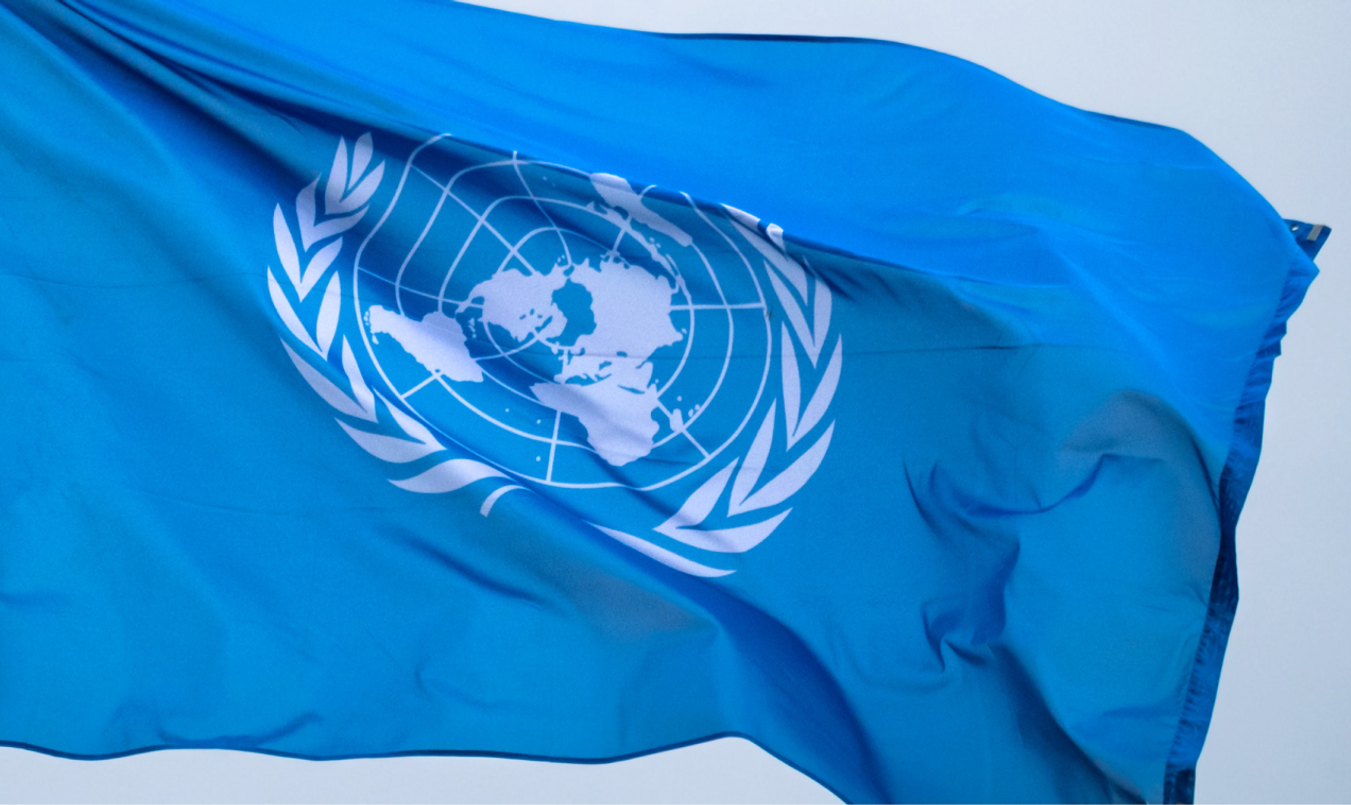Three takeaways from the PRI’s updated framework on impact investment reporting


- Author
- Cecile BussyPR & Communications
- Category
- Insight
- Topics
- ESGFinance
- Published
- 04 February 2023
As a signatory to the United Nations’ Principles for Responsible Investment (PRI), we welcome the 2023 Reporting Framework that’ll help facilitate a data-driven and collaborative approach to investment reporting.
The UN’s PRI has just released an updated set of guidelines to support its network of 5,000 signatories from the financial sector in accurately and transparently reporting the impact of their investments.
The 2023 Reporting Framework includes a series of comprehensive and practical resources. It aligns with the leading climate reporting frameworks, including the Task Force on Climate-related Financial Disclosures (TCFD) and the climate and sustainability standards under development by the International Sustainability Standards Board (ISSB).
As a data partner for financial organizations such as Coatue and Eurazeo, we’re pleased to see the world’s leading network of impact-driven investors making the investment reporting process more actionable and collaborative.
Data analysis is the starting point for identifying emission hotspots, taking informed action with your portfolio companies, and ultimately improving your impact. That’s how organizations can turn carbon into a creative force for innovation and positive growth.
Here are the takeaways from Marie-Anne Vincent, our VP of Climate Finance, on the PRI’s updated framework:
📏 It’ll improve consistency and applicability, with clarified guidance and fewer required indicators;
💰 The “Policy, Governance, and Strategy” (PGS) module will capture investors’ overall approach to responsible investment, with 47 mandatory indicators;
🌍 Together with climate change, human rights will be recognized as a priority issue by the PRI, which encourages investors to embed these issues in their policy and governance practices.
What’s the PRI?
United Nations-led PRIUnited Nations-led PRI is recognized as the leading global network for investors who are committed to integrating environmental, social, and governance (ESG) metrics into their investment practices and ownership policies.
What’s the objective of the 2023 Reporting Framework?
It aims to make the communication of financial information consistent, simple, and clear for signatories. After reviewing reports submitted by signatories, the PRI will leverage the data to measure their level of responsible investment and draw insights to help members work together on improving the impact of their investments.
What are the major changes to the 2023 Reporting Framework?
The PRI used feedback from signatories to make the following changes:
Time-effective reporting: Members now have access to a more efficient reporting tool and a newly structured framework, with fewer key indicators to report on.
Suitable asset disclosure: Asset owners only need to communicate the assets that are relevant to their investment activities.
Comprehensive guidance: Terminology and process have been redefined and are available in a set of resources (glossary, guides, and diagrams).
What does the 2023 Reporting Framework mean for PRI members?
The submission deadline is May 2023. PRI members now have a few months to gather, analyze, and submit investment data across the 12 modules, such as listed equities, fixed income, or real estate. Members that fail to meet the minimum requirements and act on them may lose their PRI accreditation.
Are you looking for ways to streamline carbon data collection & analysis, so you can easily report your emissions? We can help 👋
About Sweep and the PRI
Sweep is a signatory to the United Nations Principles for Responsible Investment. As a B Corp, we've launched Sweep for Finance to support financial actors to manage their investment emissions and collaborate with their portfolio companies on reducing their climate footprint and planetary impact.
More stories
Track, report and act
Sweep helps you get your carbon on-track
Sign up to The Cleanup, our monthly climate newsletter


© Sweep 2024


